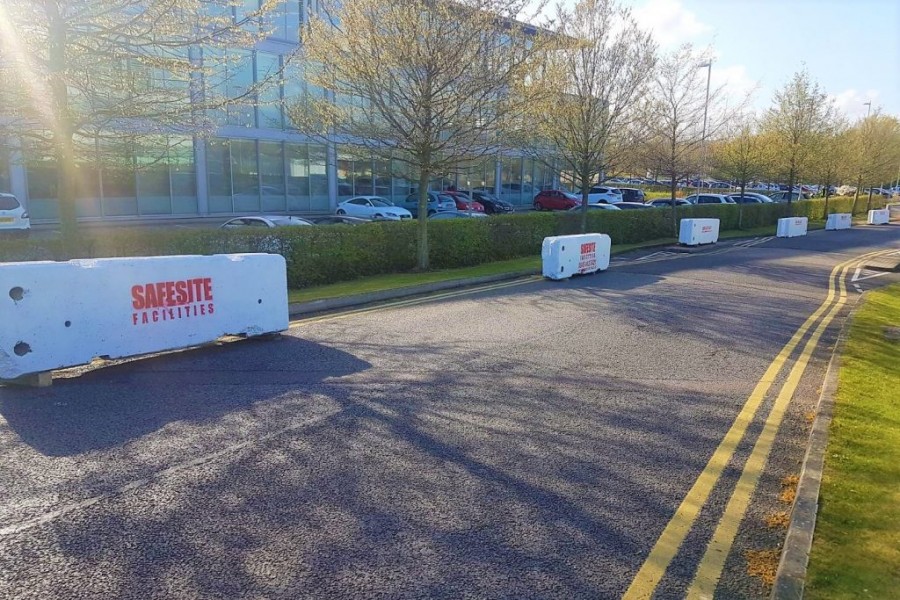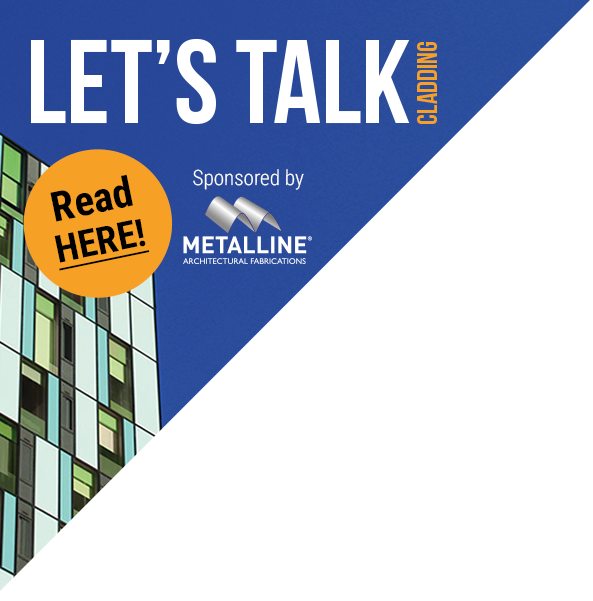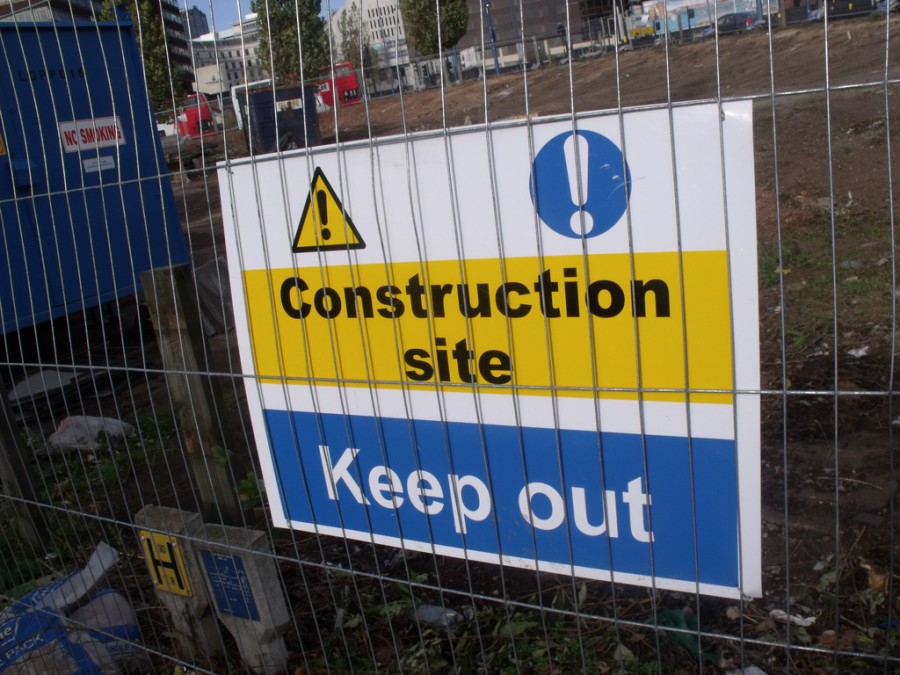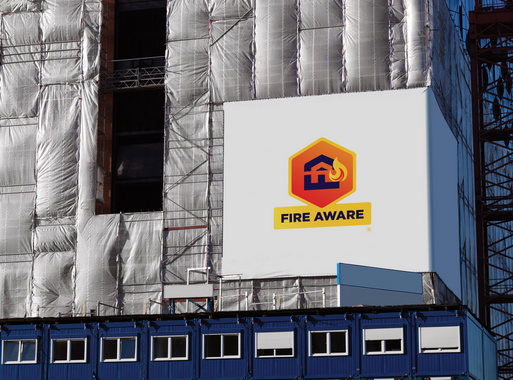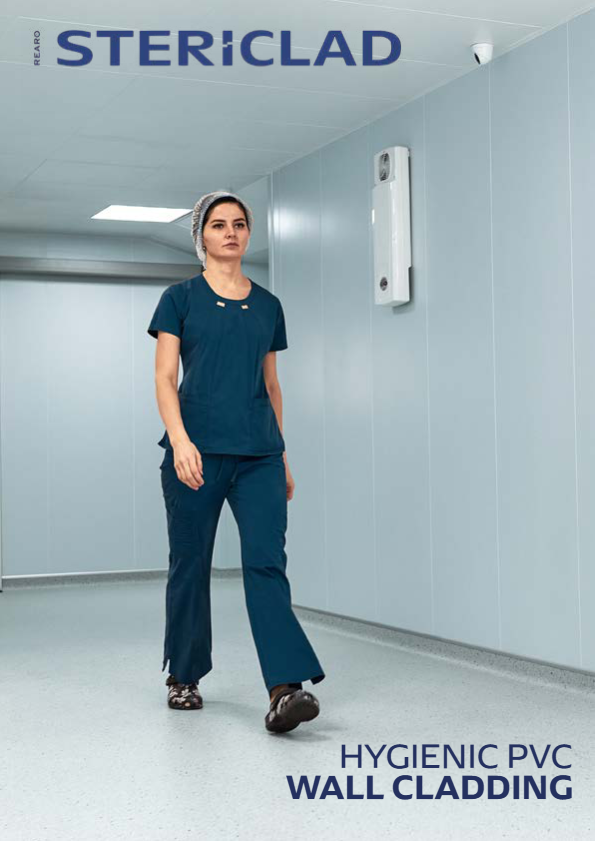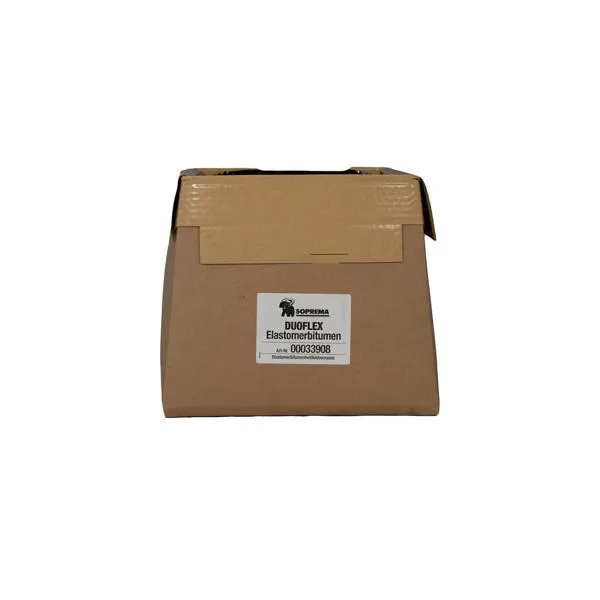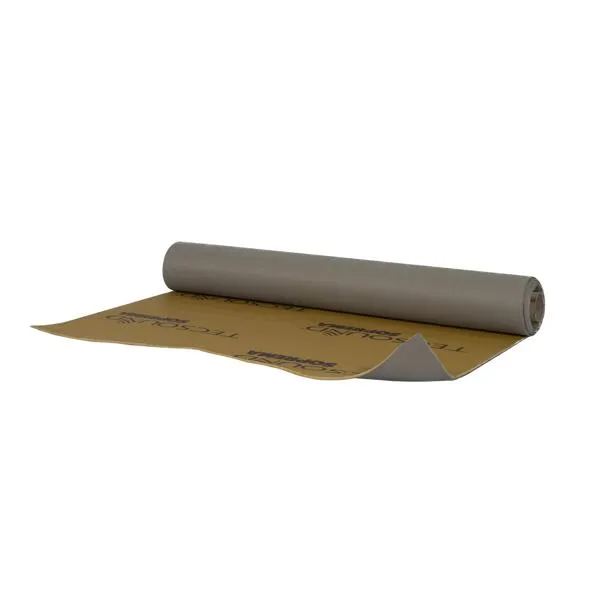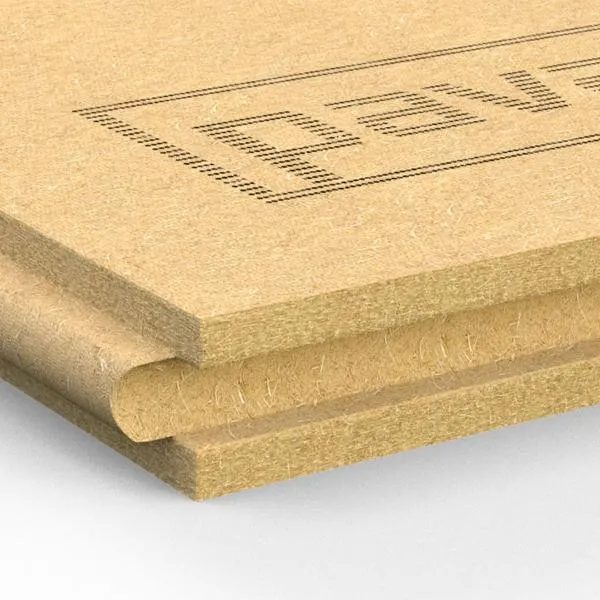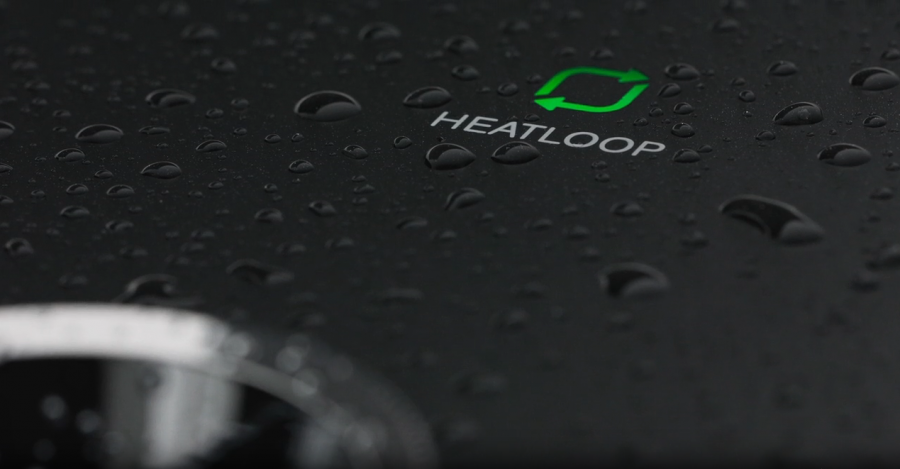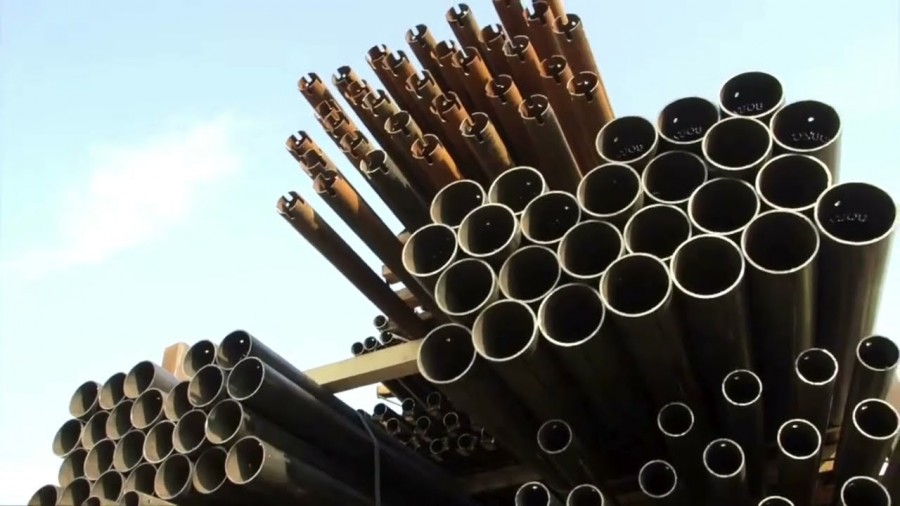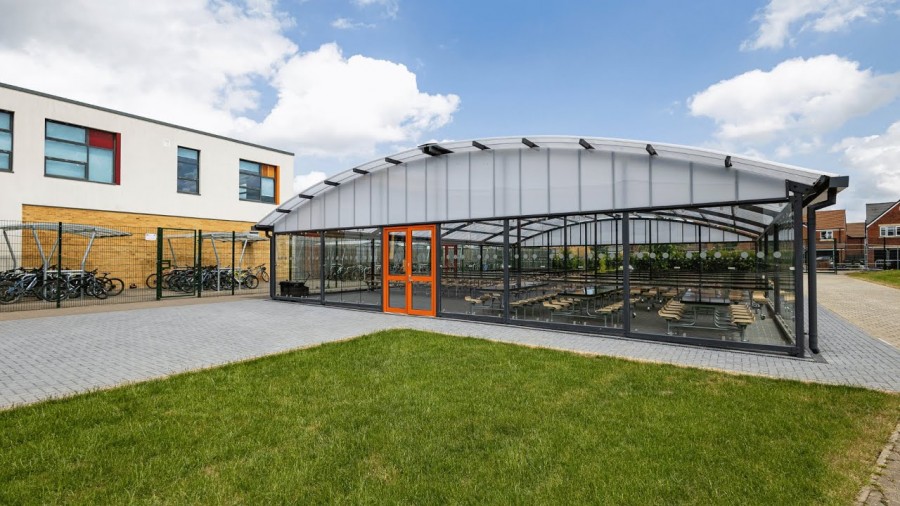
Concrete Legato™ Blocks are typically used to form a continuous interlocking concrete wall, as opposed to laying bricks and mortar, which can create unnecessary delays and interruption onsite.
Here are 10 things you should know about concrete legato blocks.
1. Made from high strength concrete and aggregates, concrete legato blocks are highly resilient and provide maximum protection e.g. against fast-moving vehicular traffic.
2. Once in situ, although concrete blocks can be repositioned it requires heavy lifting machinery. This means that they are an ideal choice for ensuring access control e.g. across gateways on private land.
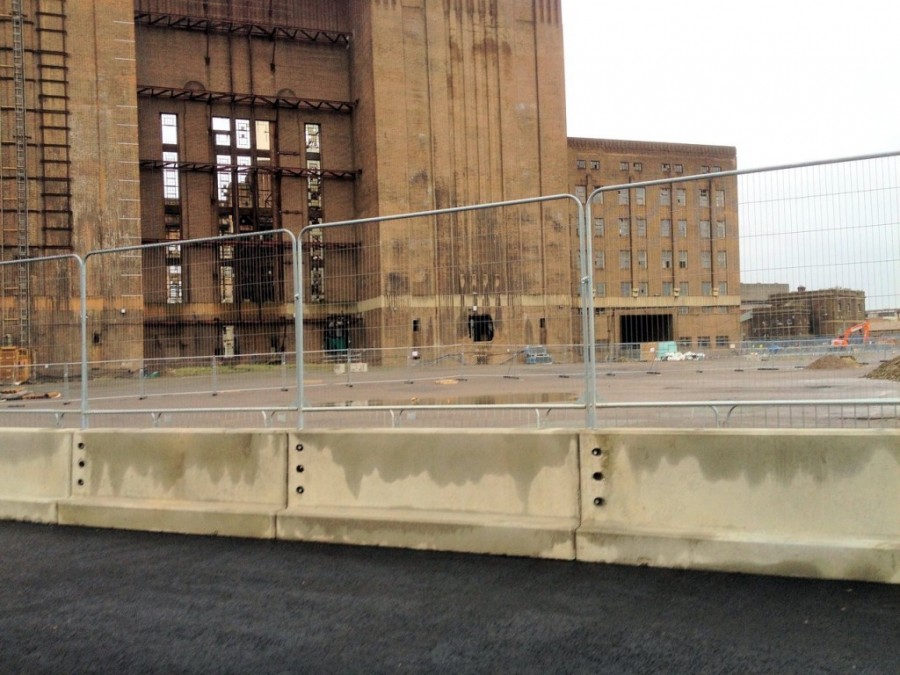
3. With the right lifting equipment, concrete blocks are quick and easy to install. And they come with their own cast in lifting pins to ensure time-efficient installation and movement around site.
4. As well as for safety and security purposes, concrete blocks can be used for a number of temporary or permanent projects such as to create supporting and retaining walls, recycling or waste separation bays, ballast support and flood and sea defences.
5. Concrete legato blocks are available in several sizes and weights, suitable for a wide range of applications, and typically range from 400mm x 800mm x 800mm (540g) up to 1600 x 800 x 800 (2400kg).
6. Providing fire resistance, concrete legato blocks can be used to create fire break walls, as part of a fire prevention plan.
7. Due to their superior strength – compared to other concrete blocks that use recycled aggregates and steel reinforcements –concrete legato blocks have a design life of 100 years.
8. Their extended design life and pure, high strength concrete construction makes concrete legato blocks 100% recyclable and, therefore, the most environmentally sustainable solution available.
9. Concrete legato blocks have been used at many high profile sites including at the London 2012 Summer Olympics, on the HS2 rail project, and at The Commonwealth Games.
10. The name ‘legato’ comes from the Italian meaning ‘tied together’, describing the anti-locking characteristic that enables concrete legato blocks to be joined together to form a solid barrier.
For more information about Concrete Legato™ Blocks click here.
